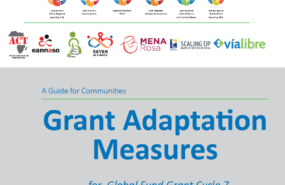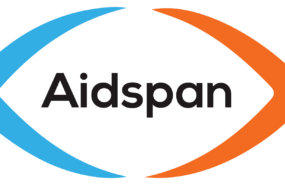Republic of Serbia: Benchmarking Sustainability of the HIV Response in the Context of Transition from donor to domestic funding
- 17.09.2021 15:27
- Post Views: 300
The aim of this analysis is to assess the fulfillment of HIV-related sustainability commitments given by the Government of Serbia in the context of the country’s transition from Global Fund support to national funding and uses the EHRA methodology, Benchmarking Sustainability of the HIV Response in the Context of Transition from Donor Funding which seeks to evaluate the achievement of the commitments by the Serbian Government to ensure the sustainability of HIV programmes. As a part of this study, the government’s commitments have been identified and prioritised and data collected to inform the extent to which those commitments have been fulfilled as planned. The task was carried out by a national consultant together with a team of national experts and civil society and community representatives.
Overall, the Government of the Republic of Serbia has shown moderate progress in fulfilling its transition and sustainability-related commitments. During the assessment, the commitments made by different health system domains have been reviewed, as well as the status of commitments made by different HIV programmatic areas. Out of 6 health system domains, significant progress was achieved in service delivery and human resources; average progress in drugs, supplies and equipment, and in data and information; while moderate progress has been made in health financing; and fairly low progress in governance.
Table 1. Overall evaluation of commitments by health system domains

With respect to programmatic areas, significant progress has been made concerning human rights, while substantial progress has been made in the fulfillment of the commitments related to prevention, treatment and support (Table 2).
Table 2. Overall evaluation of commitments by Programmatic Areas

This document should be used to assist CSO’s, key affected communities and partners to remain more informed and engaged in the monitoring of the transition process from donor to domestic funding and to thereby advocate for the implementation of activities that will lead to the sustainability of the national HIV response.
Related News
Services for migrants and refugees from Ukraine – HIV/TB care with a focus on key populations
Due to the increasing flows of refugees from Ukraine because of Russia’s invasion of Ukraine, the EECA Regional Platform created a spreadsheet to fill contacts details of face-to-face and online services for refugees and migrants (with a focus on HIV/TB care and key population groups).
Regional Platform – EECA
This web-resource is a part of new regional communication and coordination project “Regional Civil Society and Community Support, Coordination and Communication Platform - EECA”, implemented by Eurasian Harm Reduction Association (EHRA).
Tags
See also
-
Grant Cycle 7 Reprioritization: How can communities prepare? 02.07.2025 12:03
-
Webinar: Using Global Fund's Data for Advocacy 12.06.2025 12:00







